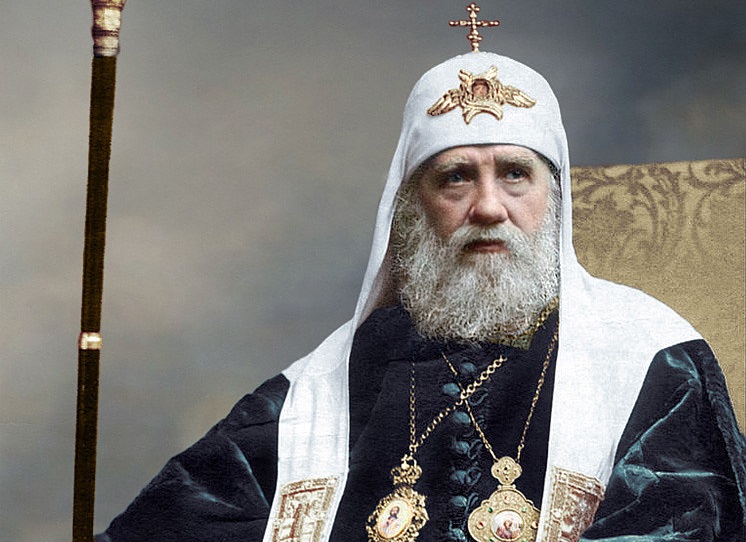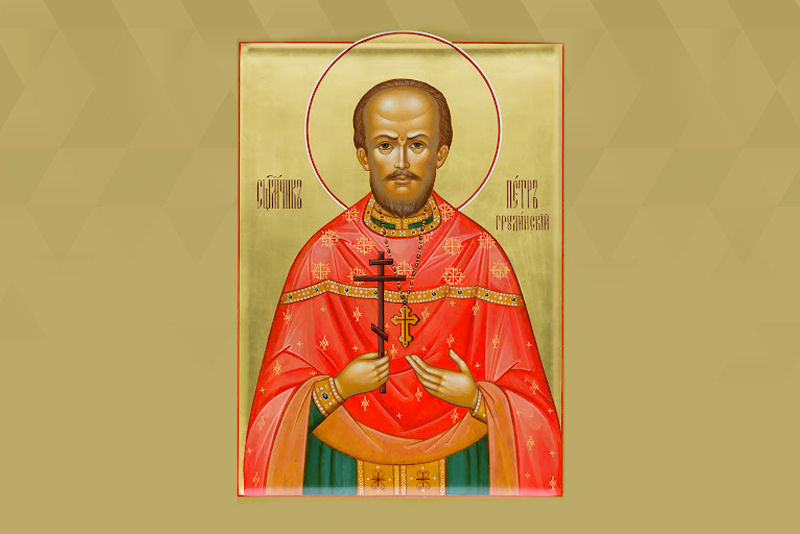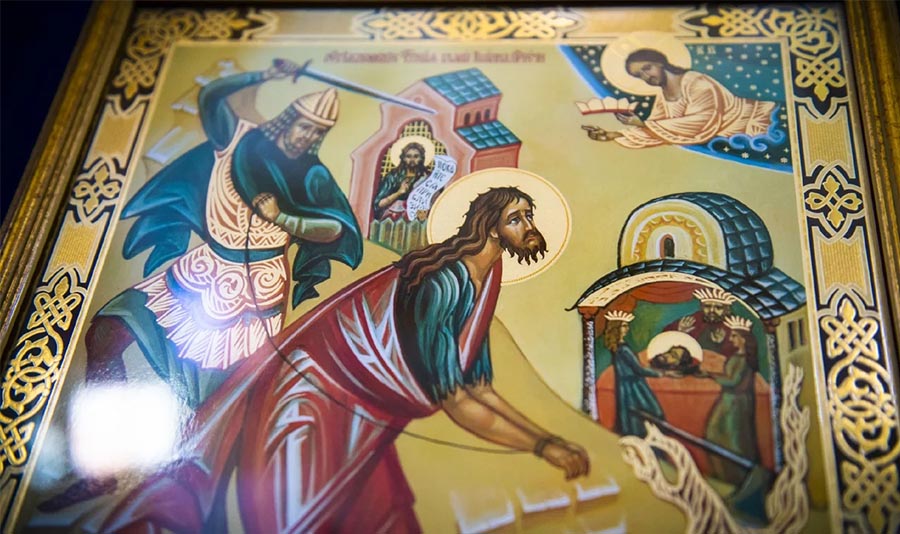
Did you know that, according to Scripture: Mary is crowned with glory and honor to rule over the works of the Lord’s hands, and God has put all things under her feet. She will be given power over the nations, she will judge the world, she will judge angels. Mary will be crowned with life and righteousness and will sit with Christ on his throne. God’s divine power has given to Mary all things that pertain to life and godliness. Mary has been perfected forever. Mary is a member of Christ’s body, of his flesh and bones. She cannot die any more for she is equal to the angels.
If that sounds overstated, then read the scriptures for yourself: You’ll find all these things boldly stated in Ps 8:5-8; Re 2:26; 1 Co 6:2,3; Ja 1:12; 2 Tim 4:8; Re 3:21; 2 Pt 1:2; Re 21:7; Heb 10:14; Ep 5:29-30; Lk 20:36.
“But wait,” you say, “Those passages don’t mention Mary the mother of Christ! Those are descriptions of humanity glorified in union with Christ!”
Yes. Yes they are.
And of course, if these things are true of all Christians, or at least all those who persevere to the end and are saved from their sins, then they are certainly true of the first Christian, who received Christ into herself: Mary.
But the reason we are uncomfortable with scripturally hailing Mary as being full of grace (Lk 1:28) and blessed among women (Lk 1:42) is that our view of salvation is too small.
What was revealed in the Transfiguration of Christ? What glory knocked the Apostles on their faces in fear, awe and wonder? For just a moment, the eyes of their souls were opened to the noetic reality of the divine nature in union with human nature in the Person of Christ. The brightness and divine light streamed from a divine-human Person.
And as the Church has always taught, Christology is soteriology. That is: What you believe about the union of the natures of God and humanity in the person of Jesus Christ is also what you believe about salvation.
The vision that brought the Apostles to their knees, the revelation that Saint Paul prays we may somehow grasp (Ep 1:17-23), is the glory of redeemed humanity: purified, illumined, and personally united to God, so that the glory of the Uncreated Trinity shines through.
If these passages about the exalted destiny of the human race in Christ are true of any of us, then first of all they are true of the first person to receive Christ in herself: His mother. If the altar of God in the temple was holy, and the Ark of the Covenant, on which God’s glory was seen, was so holy that to touch it was death — then what about the person who held her Creator and God within her body for nine months, fed him milk and carried Him in her arms, and sang Him to sleep? Mary is not only a passive vessel through which God once passed; she is a person and for all her adult life she was the Mother of the divine, human Person Jesus Christ. And because we worship the God of the living, not of the dead, remember that she is alive and she still is His mother. “Mother of God” is not only a dogmatic title teaching the divinity and humanity of Mary’s Son; it also points out that her relationship to her Son and God is unlike anyone else’s. Who else, at Cana, had the boldness to decide that Christ will do a miracle here and now?

Don’t worship Mary as a goddess. The Orthodox certainly don’t. But don’t be afraid to praise her. Not only God is worthy of praise; rather, “Whatsoever things are true, whatsoever things are honest, whatsoever things are just, whatsoever things are pure, whatsoever things are lovely, whatsoever things are of good report; if there be any virtue, and if there be any praise, think on these things” (Ph 4:8). Praise is an appropriate response to virtue (Pr 27:2, 31:31). And, what Father is displeased when you
praise His daughters? God is not shortchanged; rather “God is glorified in His saints” (2 Th 1:9-12). If you want a scriptural example of how to respond to the wondrous works of God in the person of the virgin who became Christ’s mother, then take the example of the Archangel Gabriel and exclaim, “Hail, O full of grace! The Lord is with you!” And with St. Elisabeth, exclaim “Blessed are you among women!” What could be more authentically Christian? You’re quoting the Gospels.
praise His daughters? God is not shortchanged; rather “God is glorified in His saints” (2 Th 1:9-12). If you want a scriptural example of how to respond to the wondrous works of God in the person of the virgin who became Christ’s mother, then take the example of the Archangel Gabriel and exclaim, “Hail, O full of grace! The Lord is with you!” And with St. Elisabeth, exclaim “Blessed are you among women!” What could be more authentically Christian? You’re quoting the Gospels.
In light of these scriptures about the awesome glory of the saints who will judge angels, crowned with glory and honor to rule the world, Orthodox hymns don’t sound so startling:
“You are more honorable than the cherubim and you are more glorious when compared to the seraphim. Without defilement you gave birth to God the Word: True Birthgiver of God, we magnify you.”
“Hail, O virgin Birthgiver of God, Mary full of grace, the Lord is with you! Blessed are you among women, and blessed is the fruit of your womb for you have borne the Savior of our souls.”



